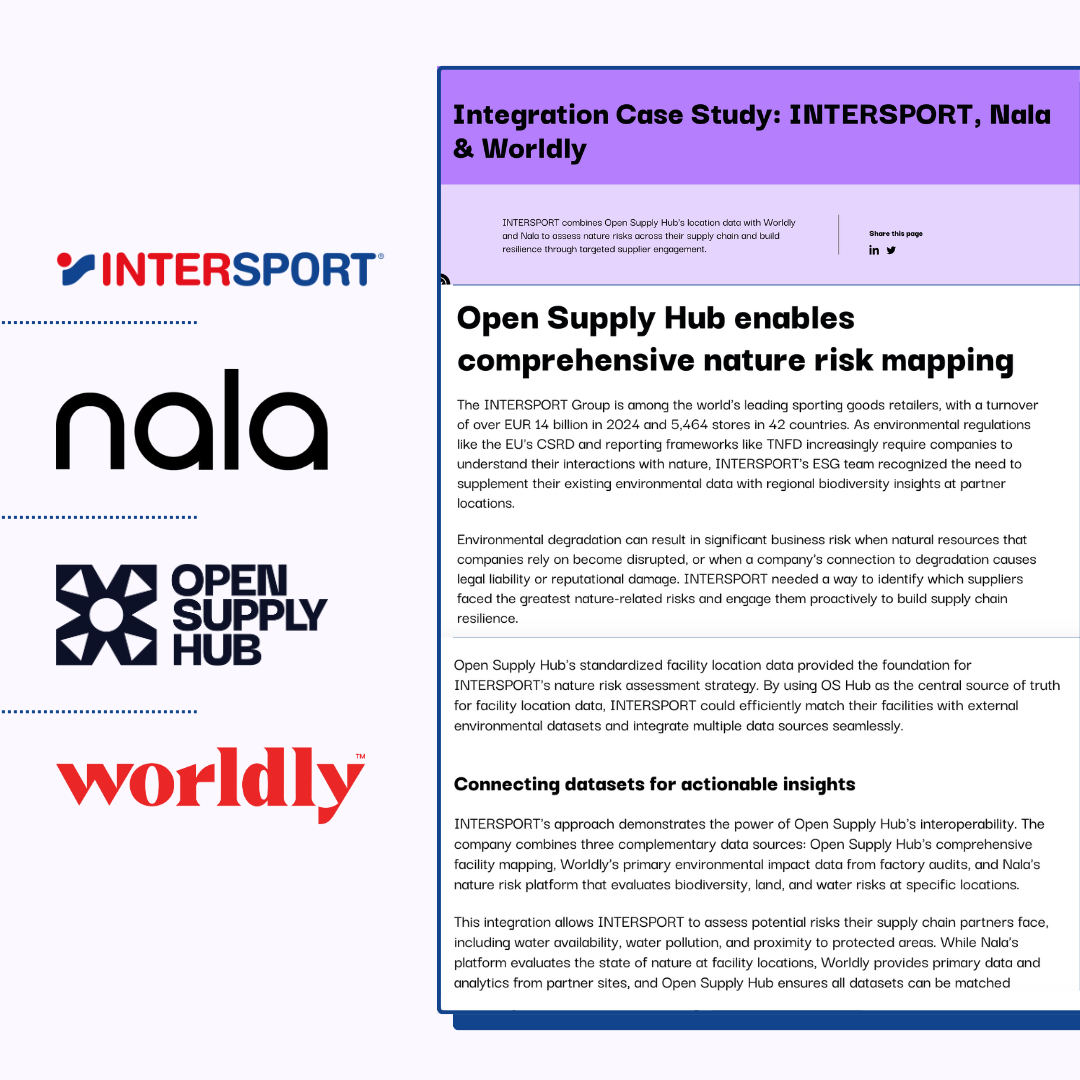In recent years, there has been growing recognition of the impact that businesses have on the natural world and along with an increasing demand for companies to assess and report on their environmental impact - also beyond climate change. As a result, there are emerging regulations and guidelines that require and enable businesses to report on their nature-related impacts, risks and targets, namely the Corporate Sustainability Reporting Directive (CSRD), the Task Force on Nature-related Financial Disclosures (TNFD), and the Science-Based Targets Network for Nature (SBTN).

The Reporting Regulation. The Corporate Sustainability Reporting Directive (CSRD) is a regulatory framework by the European Union. The CSRD will require large companies (with more than 250 employees) active in the EU markets to report on their environmental, social, and governance (ESG) performance. With the first tranche of companies having to start reporting under CSRD in 2024. The CSRD specifically includes reporting of nature-related impacts regarding biodiversity, ecosystems, pollution, water use, and resource use. CSRD seeks to allow investors, stakeholders, and customers to better understand a company's impact on nature and hold them accountable. CSRD explicitly refers to TNFD as a benchmark methodology.
The Disclosure Framework. The Task Force on Nature-related Financial Disclosures (TNFD) is a framework that aims to help businesses identify, assess and report on their nature-related risks and opportunities. The TNFD, which is modeled after the highly successful Task Force on Climate-related Financial Disclosures (TCFD), is being developed by a global coalition of businesses, financial institutions, and governments. TNFD provides a consistent framework called LEAP (Locate, Evaluate, Assess, Prepare) that lets businesses assess and report on their nature-related impacts, dependencies, risks and opportunities. The first final TNFD framework will be published in September 2023. In its draft guidance TNFD explicitly references SBTN for science-based target setting on nature.
The Target-Setting Framework. The Science-Based Targets Network for Nature (SBTN) is a framework that aims to help businesses set science-based targets to reduce their impact on nature. The SBTN guidance is being developed by a coalition of conservation organizations, scientists, and businesses. It provides a detailed methodology for businesses to set ambitious, science-based targets regarding their impacts on biodiversity, freshwater, land and oceans. By setting science-based targets, businesses can align their operations with the latest scientific evidence and contribute to the protection and restoration of nature and ultimately become nature-positive.
Nala is on the mission to help you navigate this environmental reporting jungle by enabling you to measure and report your impact on nature in alignment with the upcoming regulations and standards.
Contact us to learn more about how Nala can help your business to get on top of your reporting requirements.

.png)

.jpeg)
